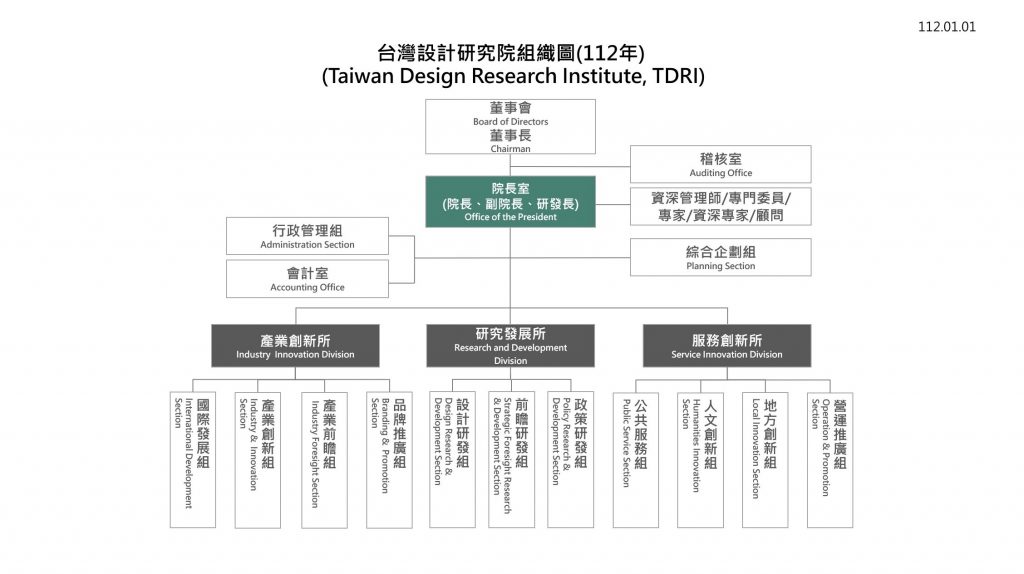TDRI: Interdisciplinary Value-added Design Service Platform
Leading industrial innovation with national design policy to develop high-value design knowledge and applications
Design is taking the world by storm. It plays an increasingly important role in the economy, culture, and society of a country. Meanwhile, more and more industries are treating design as a core competitive advantage. With this in mind, the government is establishing the “Taiwan Design Research Institute” (TDRI) in 2020. The aim of this project is to capitalize on Taiwan’s strengths in design to drive industrial development and the overall economic growth.
The TDRI plans to consolidate public resources from a wide range of government agencies with “the power of design,” promoting design as a central governance value and as a national defense strategy. The Institute is expected to guide the sustainable development of industries and society, which should in turn improve the living quality of the general public. It can assist the government in making national design policy and increasing governance efficiency. In addition, through an integrated interdisciplinary approach, the Institute will introduce design-based thinking into government administration, drive talent cultivation in the private sector, and build businesses that lead the design industry.
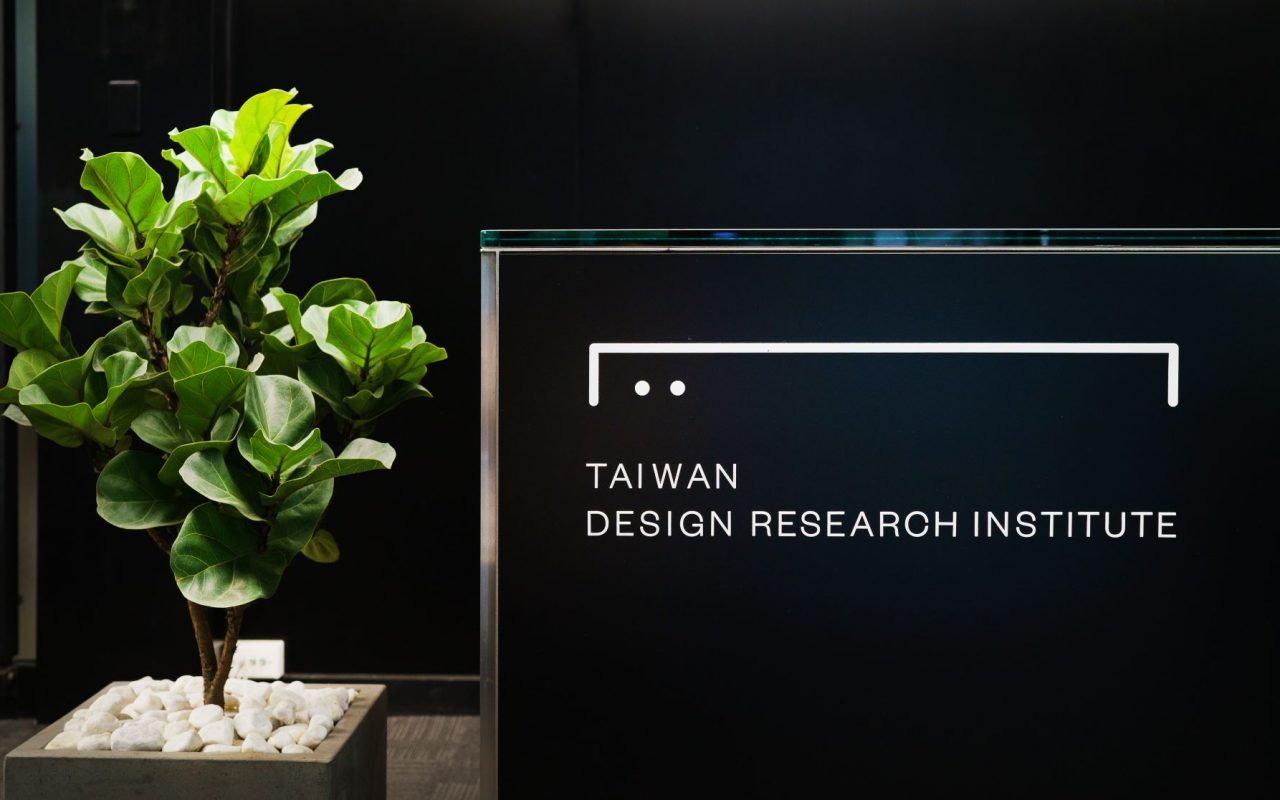
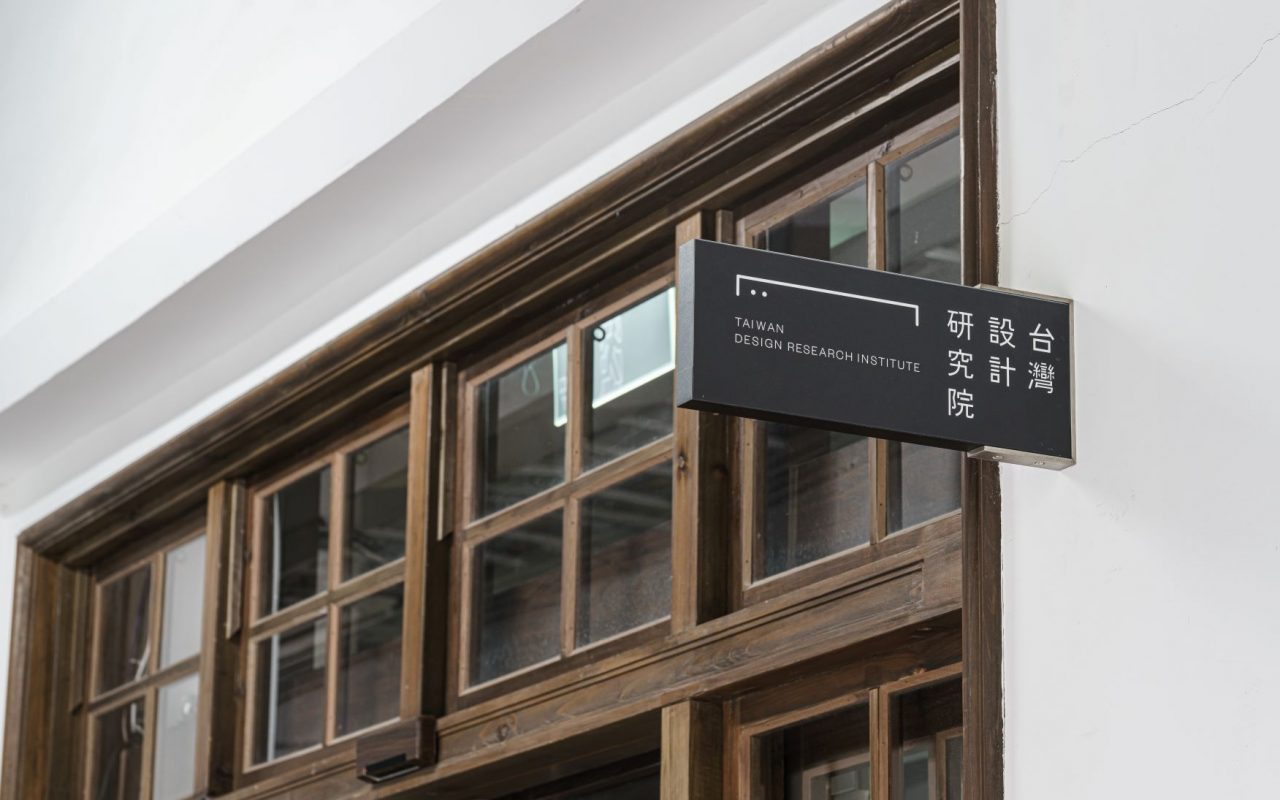


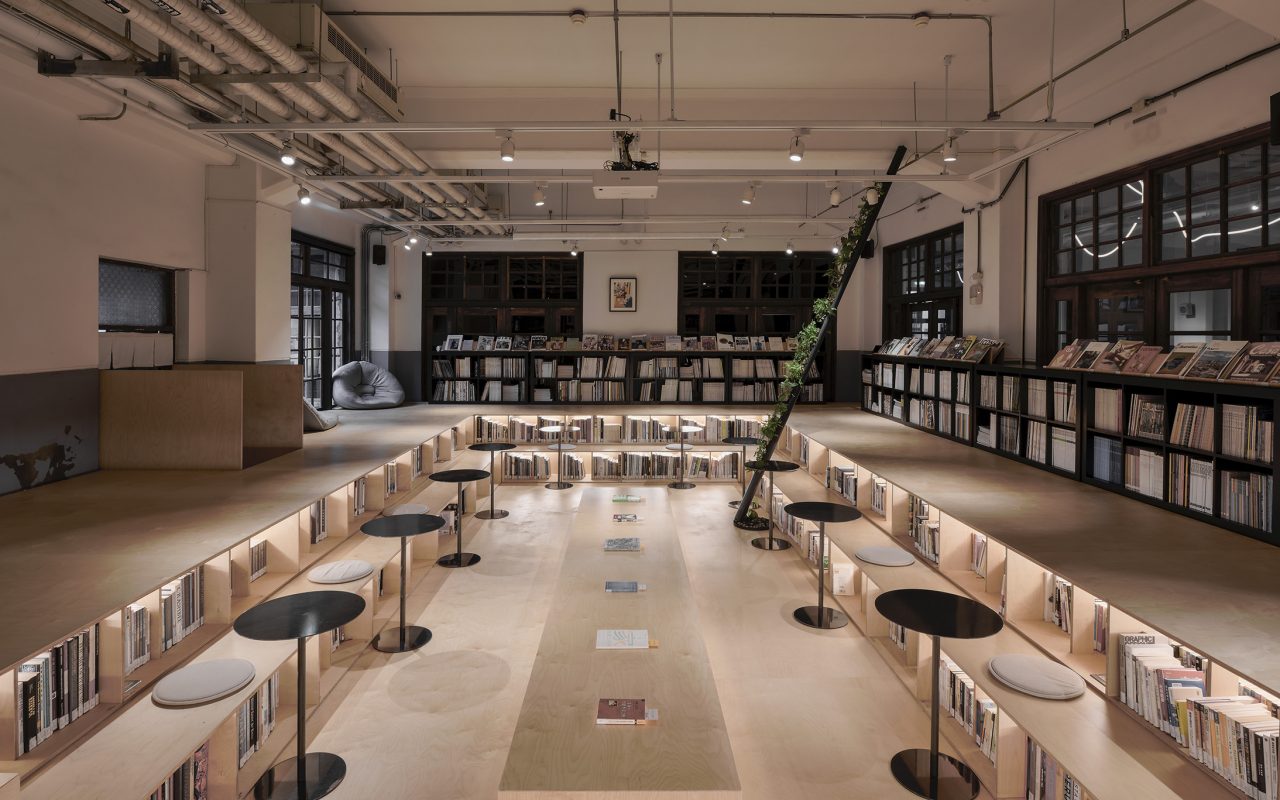
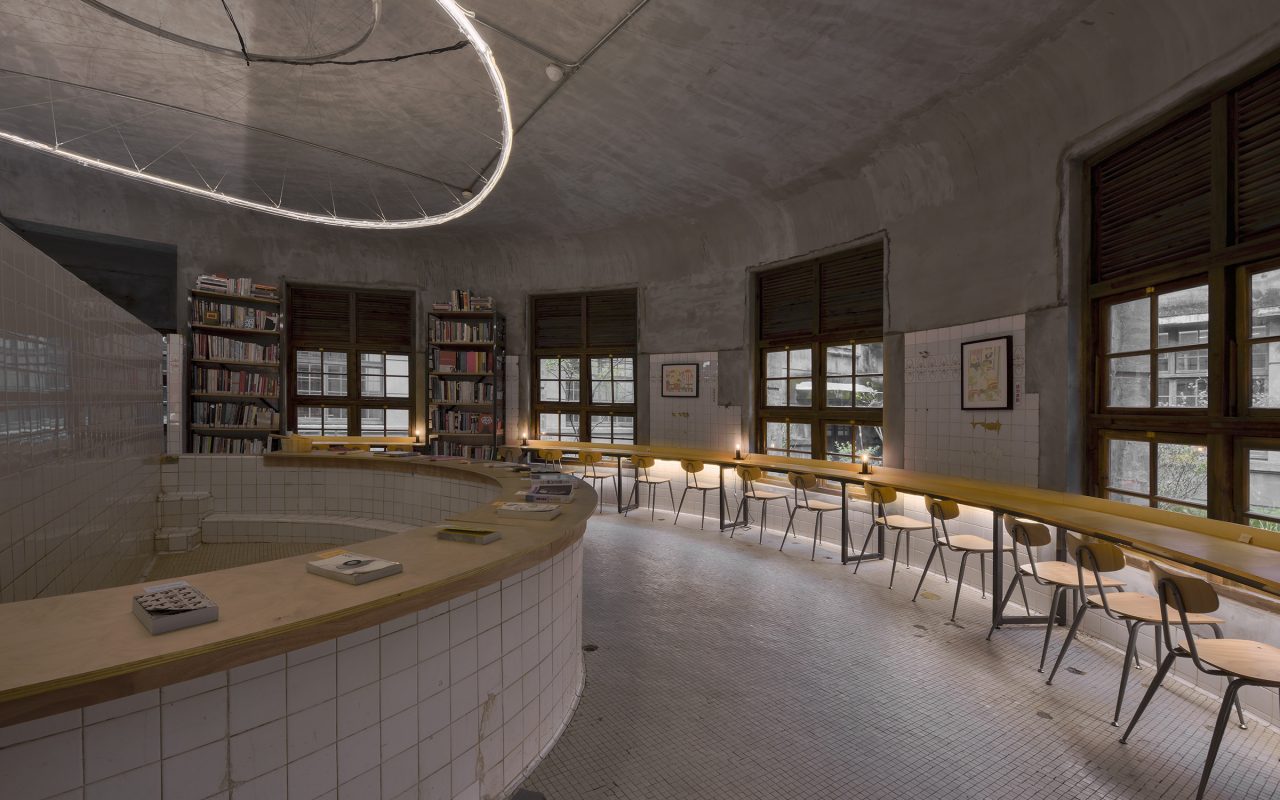

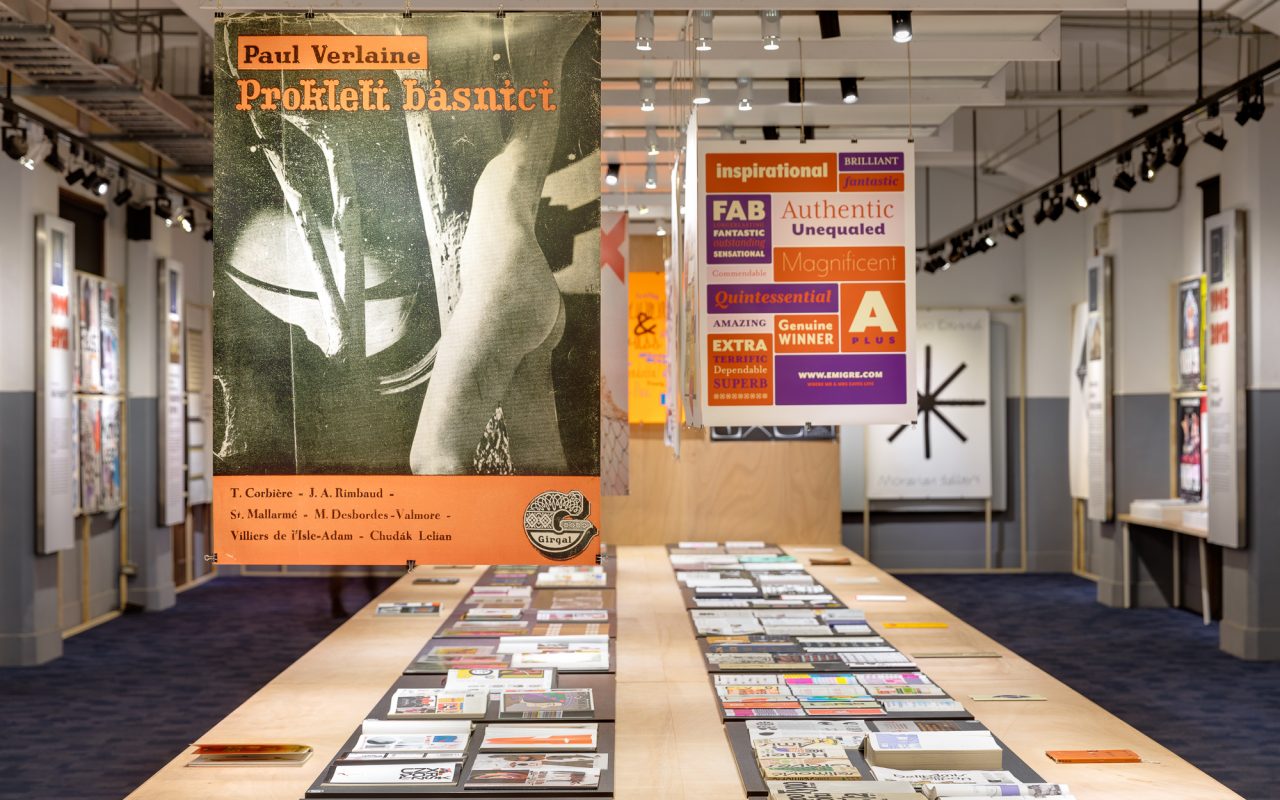


TDRI: Interdisciplinary Value-added Design Service Platform
Leading industrial innovation with national design policy to develop high-value design knowledge and applications
Design is taking the world by storm. It plays an increasingly important role in the economy, culture, and society of a country. Meanwhile, more and more industries are treating design as a core competitive advantage. With this in mind, the government is establishing the “Taiwan Design Research Institute” (TDRI) in 2020. The aim of this project is to capitalize on Taiwan’s strengths in design to drive industrial development and the overall economic growth.
The TDRI plans to consolidate public resources from a wide range of government agencies with “the power of design,” promoting design as a central governance value and as a national defense strategy. The Institute is expected to guide the sustainable development of industries and society, which should in turn improve the living quality of the general public. It can assist the government in making national design policy and increasing governance efficiency. In addition, through an integrated interdisciplinary approach, the Institute will introduce design-based thinking into government administration, drive talent cultivation in the private sector, and build businesses that lead the design industry.
